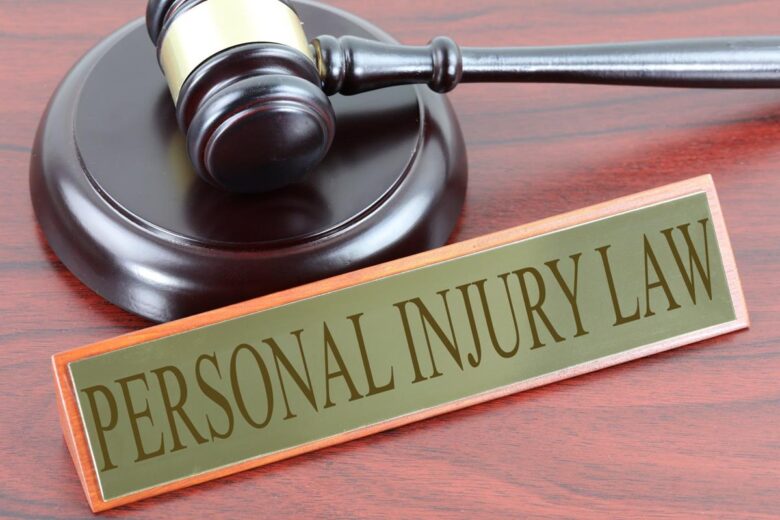When someone is injured due to the negligence or intentional actions of another, they may have the right to seek compensation through a personal injury case. In Pittsburgh, as in other parts of the United States, the laws governing personal injury claims allow for various types of damages to be recovered. These damages aim to restore the injured party to the position they were in before the injury occurred, as much as financially possible.
Economic damages are quantifiable costs resulting from the injury, such as medical expenses, lost wages, and property damage. These figures can be tallied by examining bills, receipts, and employment records. Non-economic damages, on the other hand, are more subjective and include compensation for pain and suffering, emotional distress, and loss of enjoyment of life. These damages recognize the intangible and psychological impact of the injury.
In some cases, punitive damages may also be considered. Unlike economic and non-economic damages, which are compensatory, punitive damages are designed to punish the wrongdoer and deter similar behavior in the future. However, these are not awarded in every case and are typically reserved for situations where the defendant’s conduct was particularly egregious or harmful.
Contents
Types of Damages in Personal Injury Cases
In Pittsburgh personal injury cases, victims may seek compensation for various damages resulting from the injury they sustained. These damages are generally categorized into three main types: Economic Damages, Non-Economic Damages, and Punitive Damages.
Economic Damages
Economic damages refer to the tangible financial losses that an individual has incurred. These are quantifiable costs that can be calculated and proven with documentation. Key elements include:
- Medical Expenses: This includes costs for immediate medical treatment, rehabilitation, medication, and anticipated future medical needs resulting from the injury.
- Lost Wages: Compensation for income lost due to time off work following the injury.
- Loss of Earning Capacity: If the injury affects the victim’s ability to work in the future, they may claim damages for this long-term financial impact.
- Property Damage: If personal property was damaged as a result of the incident, costs for repair or replacement can be claimed.
Non-Economic Damages
Non-economic damages cover losses that are not financial in nature. These are subjective and more challenging to quantify; common types include:
- Pain and Suffering: Compensation for physical pain and emotional distress experienced due to the injury.
- Loss of Enjoyment of Life: If the injury prevents the victim from engaging in activities they once enjoyed, compensation may be sought.
- Loss of Consortium: Damages for the impact on the victim’s relationship with their spouse or partner.
Punitive Damages
Punitive damages are awarded in cases where the defendant’s actions were particularly egregious or reckless. They are intended to:
- Punish the Wrongdoer: Serving as a deterrent to prevent the defendant and others from engaging in similar conduct in the future.
- Set an Example: Highlighting the severe nature of the defendant’s behavior to the public.
A Pittsburgh-based lawyer for personal injuries will be well-versed in the local laws governing these damages and can offer guidance on what a client may be entitled to claim.
When pursuing a personal injury case in Pittsburgh, it’s important to understand the specific rules that may affect the claim, such as time constraints for filing, how fault influences compensation, and the steps necessary to initiate legal proceedings.
Statute of Limitations
In Pennsylvania, a personal injury plaintiff must file a claim within two years of the injury’s date. Missing this deadline generally results in the loss of one’s right to seek compensation.
The Role of Comparative Fault
Pennsylvania follows a modified comparative fault rule. A claimant can recover damages only if they are less than 51% at fault for their injury. Compensation awarded is reduced by the claimant’s percentage of fault.
Steps to Filing a Claim
- Consult a Pittsburgh-based lawyer proficient in personal injuries to assess the claim and to obtain guidance on legal procedures.
- Collect evidence related to the injury, including medical records, witness statements, and photographs.
- File a complaint with the appropriate court to commence the legal process. The complaint should articulate the injury, how it occurred, and the damages being sought.
The Pittsburgh-based lawyer will typically manage the intricacies of these steps, ensuring the procedures comply with Pennsylvania law, and will advocate on the claimant’s behalf for a fair resolution.




